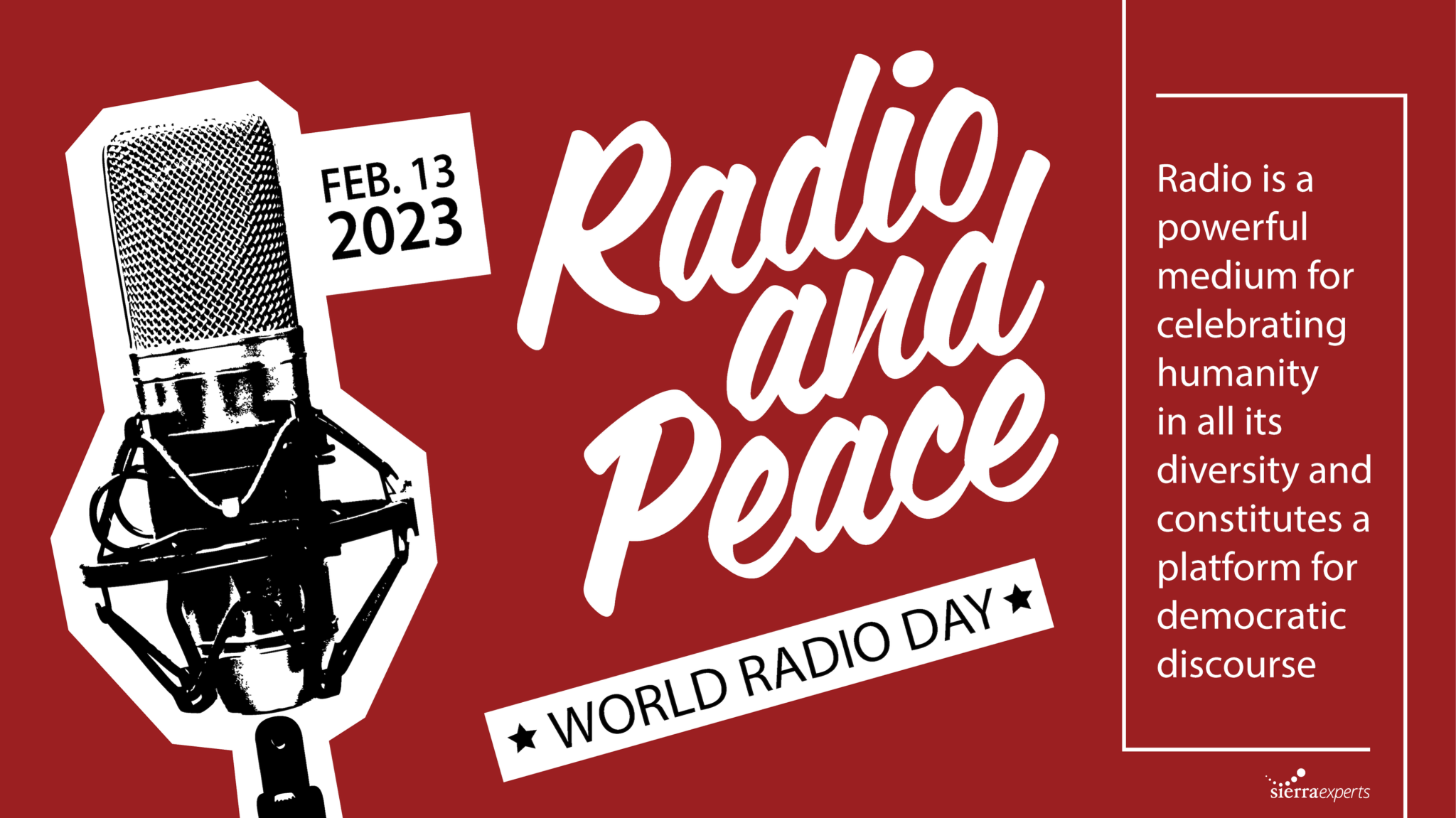Radio has shaped society’s experience by providing a wide variety of experiences, programs, viewpoints, and content. February 13th, 2023 celebrates World Radio Day; this was proclaimed in 2011 by the Members States of UNESCO (United National Educational, Scientific, and Cultural Organization) and was adopted by the United Nations General Assembly in 2012 as an International Day. World Radio Day acknowledges the unique ability radio has when reaching out to the widest audience, including those in remote communities and vulnerable people, regardless of all factors, this service is provided to all.
The history of radios date back to December 1906 in Brant Rock, Massachusetts, when the first voice and music signals were heard of radio waves, thus introducing the use of radios for civilian and emergency use. Prior to 1906, many scientists such as Heinrich Hertz, Nikola Tesla and Guglielmo Marconi provided many discoveries that led to typical radio usage. From Hertz proving that electricity can be transmitted in electromagnetic waves (1885) to Tesla wirelessly transmitting electromagnetic energy (1892-1893). Marconi filed for a patent of his radio apparatus in 1896-1897 and established the Wireless Telegraph and Signal Company in 1897. Thanks to these scientists’ discoveries and innovations, radios have played integral parts in World Wars and other conflicts, they have provided transmissions to airplanes and ships, and have permitted first responders to communicate in times of emergency. For typical listeners like you and I, we have the capability of listening to morning broadcasts, local news stations, and favorite local music station on our daily commutes.
World Radio Day’s theme in 2023 is “Radio and Peace.” This theme was created with the idea that professional radio moderates conflict and/or tensions, preventing escalation and bringing about reconciliations. Furthermore, independent radio stations provide relevant information that is pertaining to their radio station goals, which keeping their audience informed and entertained. Independent news reporting provides the foundations for sustainability and good governance by gathering evidence about current events. These stations inform citizens with fact-based terms and explain what is at risk through professional and insightful dialogue. Radio not only brings forward areas of concern, but also speak about matters that require attention from authorities and citizens. Independent radio stations, according to UNESCO, are integral parts of peace and stability.
Sources:
https://www.unesco.org/en/days/world-radio






